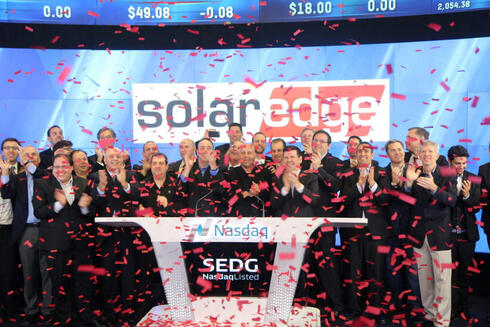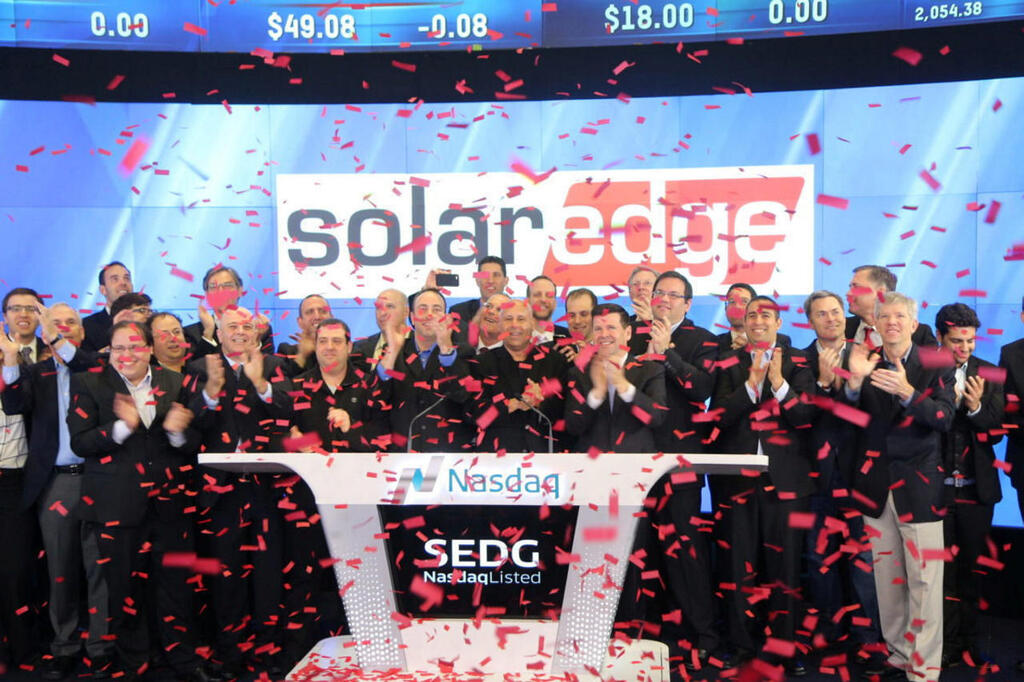
SolarEdge slump continues after disappointingly low forecast, widening loss
The renewable energy company is forecasting revenues in the range of $175-215 million this quarter, significantly below analysts' expectations, which were at $374 million. Net loss widened to $162.4 million in Q4 of 2023
SolarEdge reported a sharp decline in revenue in the fourth quarter of 2023, falling well short of expectations. This downturn was accompanied by a shift to a quarterly loss and a weak forecast for the first quarter of this year.
SolarEdge's forecast for the current quarter (first quarter of 2024) is for revenues in the range of $175-215 million, significantly below analysts' expectations, which were at $374 million.
The renewable energy company, which develops systems for managing solar installations, reported a loss of $162.4 million or $2.85 per share in the fourth quarter, compared to a profit of $21 million or 36 cents per share in the corresponding quarter. The adjusted loss was 92 cents per share, less than analysts' expectation of $1.34 per share. The gross profit rate fell to 4%, compared to 32.4% in the corresponding quarter and 24% in the previous quarter.
Quarterly revenues dropped by 65% to $316 million, compared to $891 million in the corresponding quarter a year earlier. The market expected $323 million in revenue.
SolarEdge shares have fallen by almost 8% since the beginning of the year and are down more than 71% in the last 12 months.
The company announced last month that it was embarking on an extensive cutback program, including the dismissal of 900 employees, 550 of whom are in Israel. SolarEdge employs about 5,500 people, so this represents a 16% reduction in its workforce.
One of the main reasons for the stock's decline is the increase in interest rates worldwide, especially in the U.S.. The solar market, particularly the domestic market in the U.S., relies on loans that will be repaid through the sale of solar electricity. The interest rate increases in the U.S., from almost zero in mid-2022 to over 5% today, have significantly affected the economic viability of solar installations. In December, when the Federal Reserve signaled possible interest rate cuts during 2024, the company's stock, managed by Zvi Lando, surged 35% in one day.
Another reason for the company's decline is the accumulation of inventory in Europe. After the start of the war between Russia and Ukraine in 2022, fuel prices on the continent soared, along with prices of fossil energy produced from them. This made electricity production from renewable energies more viable, leading to a surplus of inventory. The accumulation of inventory in Europe subsequently resulted in a decrease in orders for the company's products.














